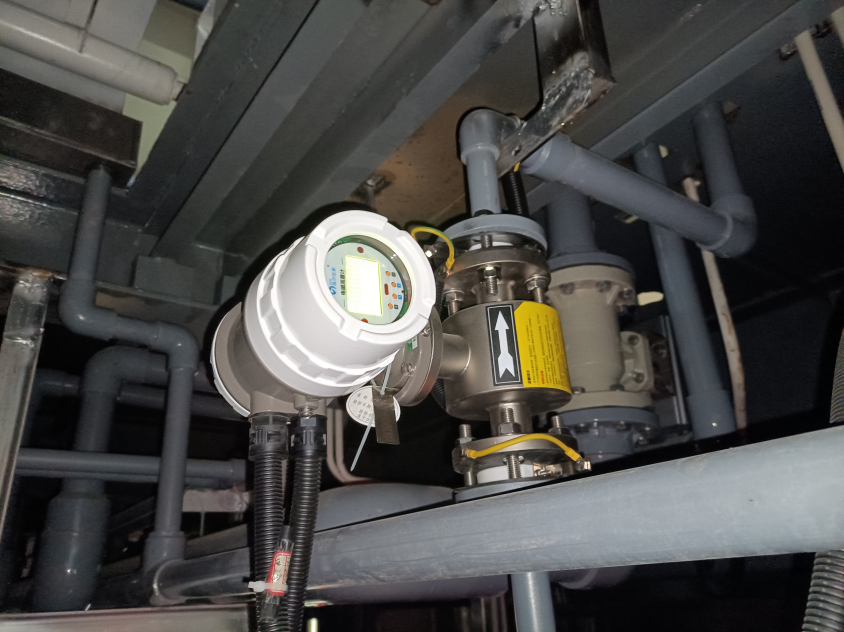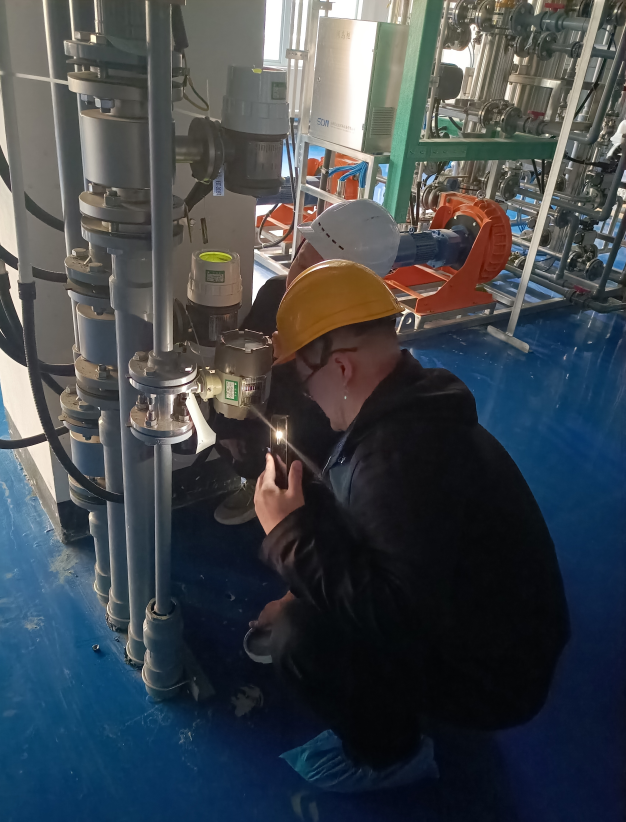Ultrasonic Magnetic Vortex Flow Meter Manufacturer, Sure We Are, Sure To Be Better | ✉ overseas@suremeter.com
Ultrasonic Magnetic Vortex Flow Meter Manufacturer, Sure We Are, Sure To Be Better | ✉ overseas@suremeter.com
In the realm of power generation, the role of flow meters is paramount, providing critical data that ensures the reliability and efficiency of power plants. From monitoring fuel consumption to managing water flow in cooling systems, the selection of the appropriate flow meter is key to optimizing plant performance. This guide aims to navigate through the various types of flow meters, their applications in power plants, and the factors to consider when making a selection.
Types of Flow Meters Commonly Used in Power Plants:
·Differential Pressure (DP) Flow Meters:
Utilize the principle of measuring the pressure difference caused by a constriction in the flow path.
Suitable for gases, liquids, and steam.
·Electromagnetic Flow Meters:
Ideal for measuring the flow of conductive fluids.
Not affected by changes in fluid density or viscosity.

·Vortex Flow Meters:
Create vortices in the fluid flow that are proportional to the flow rate.
Suitable for clean, non-abrasive gases and liquids.
·Ultrasonic Flow Meters:
Use ultrasonic waves to measure the flow velocity of the fluid.
Non-invasive and applicable to a wide range of fluids.
·Positive Displacement (PD) Flow Meters:
Measure flow by rotating a set of gears that mesh with the fluid.
Accurate for small, pulsating, or varying flows.
·Thermal Mass Flow Meters:
Measure the mass flow rate by heating the fluid and measuring the heat loss.
Ideal for gases and provide a direct mass flow measurement.
Factors Influencing Flow Meter Selection:
·Fluid Properties: The nature of the fluid (viscosity, density, chemical composition) plays a significant role in flow meter selection.
·Flow Rate and Range: The expected flow rate and the range in which it can vary are critical in determining the appropriate meter.
·Required Accuracy: The level of accuracy needed for the process dictates the precision of the flow meter.

·Environmental Conditions: Temperature, pressure, and potential exposure to corrosive or abrasive elements must be considered.
·Cost and Maintenance: The initial cost, as well as ongoing maintenance and calibration requirements, are important economic factors.
Applications of Flow Meters in Power Plants:
·Fuel Flow Measurement: Accurately measure the flow of fuels such as coal slurry, natural gas, or oil.
·Cooling Water Systems: Monitor and control the flow of water used in cooling processes.
·Steam Flow Regulation: Ensure efficient steam production and distribution in thermal power plants.
·Chemical Additive Dosing: Precisely control the flow of chemicals used for water treatment or fuel processing.
·Waste Management: Measure the flow of wastewater or byproducts for regulatory compliance and environmental protection.
Selecting the right flow meter for power plant applications is crucial for ensuring the plant operates at peak efficiency and reliability. By considering the fluid properties, flow rate, accuracy, environmental conditions, and economic factors, plant operators can make informed decisions that contribute to the overall success and sustainability of power generation operations.
Copyright © 2025 Tianjin Sure Instrument Co., Ltd. | All Rights Reserved 津ICP备08002549号-2
Hello, please leave your name and email here before chat online so that we won't miss your message and contact you smoothly.